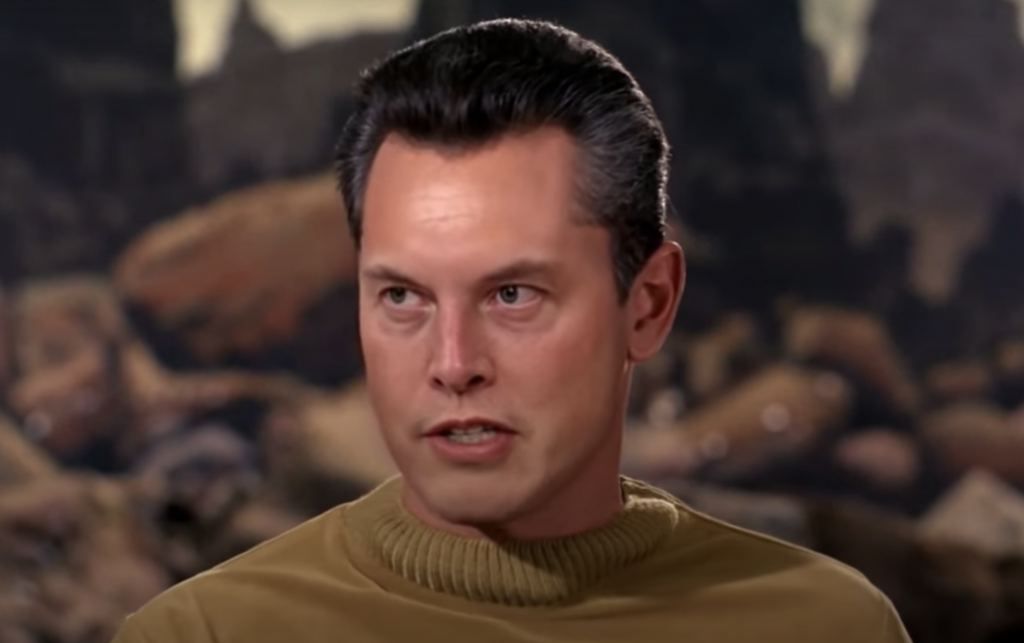In his downtime from being a Twitter shitposter, Elon Musk recently became the world’s richest man, as Tesla’s market cap rocketed to $1 trillion. Now, we don’t know how he spends his money, nor are we about to start speculating, but David Beasly, director of the United Nation’s World Food Programme called him (and Jeff Bezos) out via Twitter for not using it to help alleviate the world hunger crisis.
Beasly claims that a mere fraction of Musk’s wealth could effectively end the crisis, to which Musk responded, saying that if Beasly could show him in detail exactly how, then he would liquidate some Tesla stock and allocate the funds.
Musk’s Twitter tact
Beasly first called out billionaires as a whole on 18 October, claiming that .36% of the net worth of the 400 richest people in America (about $6.6 million) would be enough to “save 42M people about to die of hunger”. This was meant as a call-to-action for the wealthy to put some of the money in their seemingly bottomless pockets towards helping starving people. Beasly reiterated this in a tweet directed towards Musk the next day after the tech figurehead’s net-worth surpassed Jeff Bezos’.
“Elon, to celebrate I’m offering you a once in a lifetime opportunity: help us save 42M people from starvation for just $6.6B!! Offer expires SOON.. and lives do too.” reads the tweet.
Musk decided to reply to Beasly on 31 October, saying, “If WFP can describe on this Twitter thread exactly how $6B will solve world hunger, I will sell Tesla stock right now and do it.”
Musk went on to say Beasly’s figures should be shown in open source accounting so that the public could see precisely how the money would be spent.
For all intents and purposes, it’s a pretty infallible comeback, one that really puts Beasly on the back foot here. As another replier notes, Musk hasn’t really given any reason as to why he shouldn’t be donating significant amounts of money to humanitarian causes (UN bolstered or otherwise) when he has enough to go to space just because he can.
Beasly subsequently replied, saying that rather than communicating through tweets he’d be happy to sit down and talk it out in person.
“We can meet anywhere—Earth or space—but I suggest in the field where you can see WFP’s people, processes and yes, technology, at work. I will bring the plan, and open books.” Musk has yet to respond to this tweet.
While Beasly’s method may have been flawed and harpooned by Musk’s Twitter prowess, his message is sound: Billionaires have the means to help millions of people in crisis situations. If they wanted to, they would. Asking someone else to tell them exactly how they could is a cop-out move that dances around the issue.
